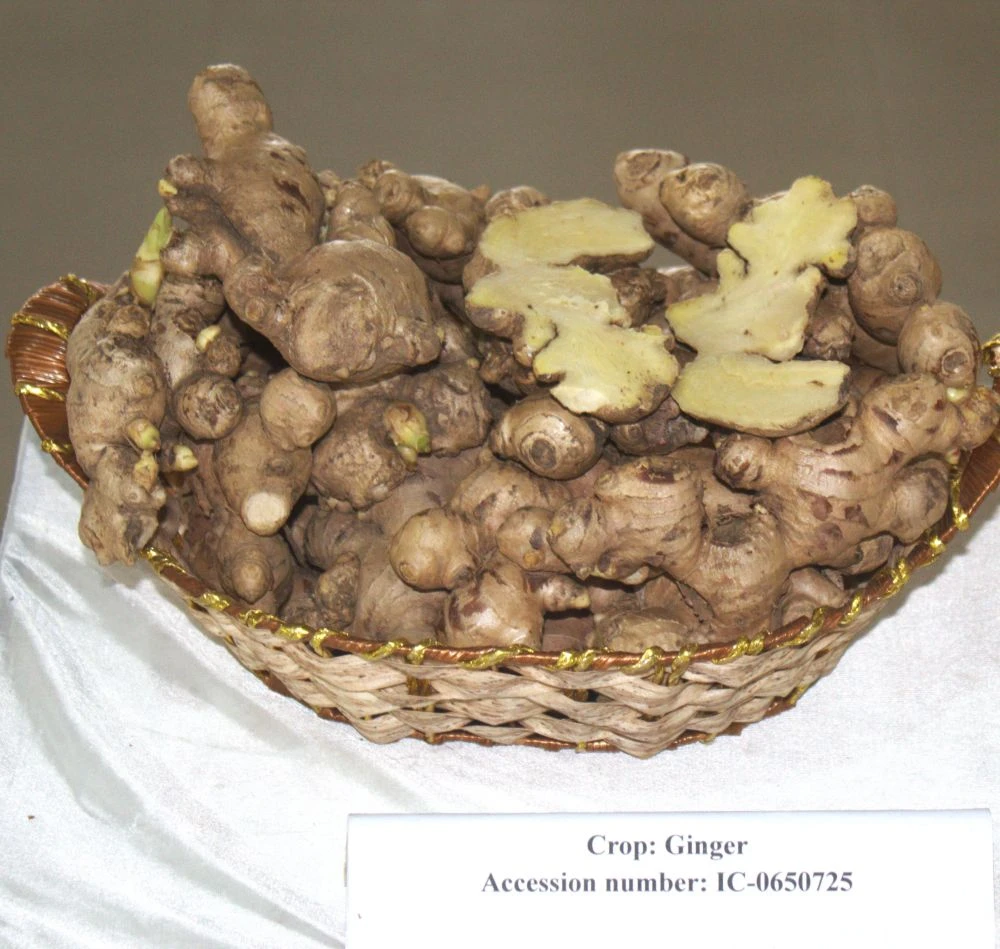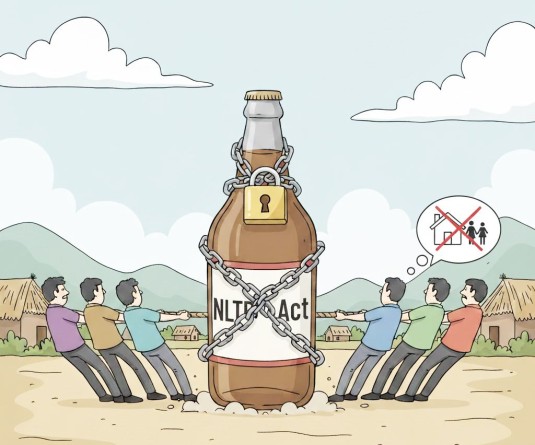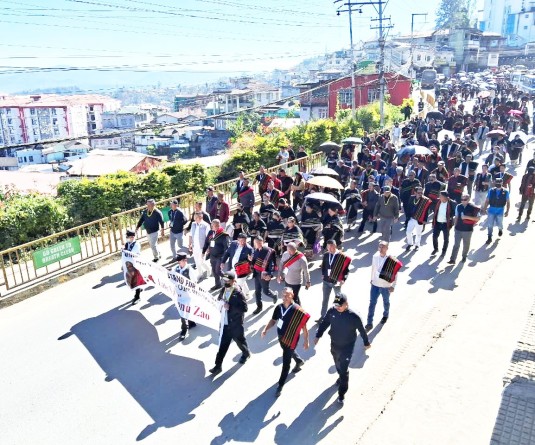Lumami, November 18 (MExN): Nagaland University (NU) has announced the development of a new high-yield ginger variety, ‘SAS-KEVÜ,’ which is expected to boost farmer incomes and strengthen India’s ginger value chain.
The variety combines high yield, market acceptance, and desirable rhizome traits, allowing farmers to earn improved returns per hectare with a nine-month crop cycle, the university informed in a press release.
Developed under the All India Coordinated Research Project (AICRP) on Spices at NU, SAS-KEVÜ emerged after nearly a decade of scientific evaluation and multi-location testing across seven AICRP centres in India, it said.
The research was led by Prof C S Maiti and D Graceli I Yepthomi from NU’s Department of Horticulture, School of Agricultural Sciences, Medziphema Campus.
The variety was formally notified by the Sub-Committee on Crop Standards, Notification and Release of Varieties (Horticultural Crops), Ministry of Agriculture and Farmers Welfare, and published in the Gazette of India on September 2, 2025.
According to NU, SAS-KEVÜ has a yield potential of 17.21 tonnes per hectare, outperforming the national check variety by more than nine per cent.
Its dry recovery rate of 21.95 per cent benefits processors, while the rhizomes are soft, bold, lemon-yellow, and low in fibre—suitable for culinary uses, pickles, beverages, and other value-added products, it highlighted.

Tracing the journey, Prof Maiti noted that the variety’s development began in 2014, when nineteen clones of the local Nadia ginger were collected from growing areas of Nagaland and studied in detail for their morphological and biochemical traits.
“From these, the clone NDG-11 — later named SAS-KEVÜ — was identified as the strongest performer… Stability analyses, including GGE Biplot evaluations, confirmed SAS-KEVÜ’s ability to perform well across varied agro-climatic zones, particularly in Nagaland, Pundibari in West Bengal, and Chintapalle in Andhra Pradesh,” he said.
Dr Yepthomi noted that with the Central Government’s notification under the Seeds Act, 1966, SAS-KEVÜ is now approved for seed production and agricultural sale in three states.
“This milestone not only validates the scientific rigour behind the variety but also strengthens Nagaland University’s leadership in agricultural innovation and spice crop research,” she added.
Vice-Chancellor Prof. Jagadish K. Patnaik said the variety is expected to strengthen India’s ginger value chain, promote regional agri-innovation, and support sustainable horticulture.
SAS-KEVÜ is the first ginger variety developed by the AICRP team at NU and the first from a research institute in India’s North-East, highlighting NU’s commitment to leveraging local genetic resources for national benefit, it added.


.jpg)


.jpg)
